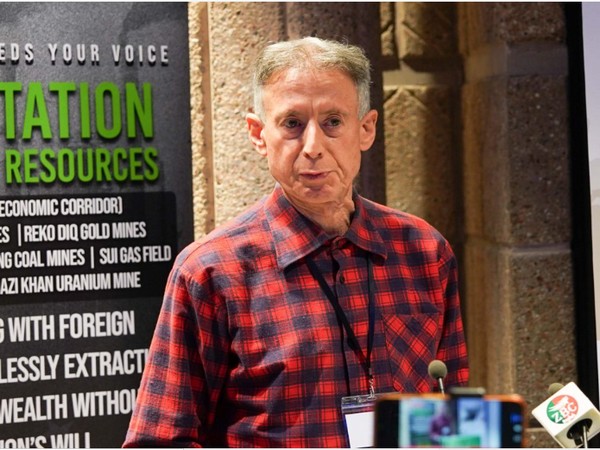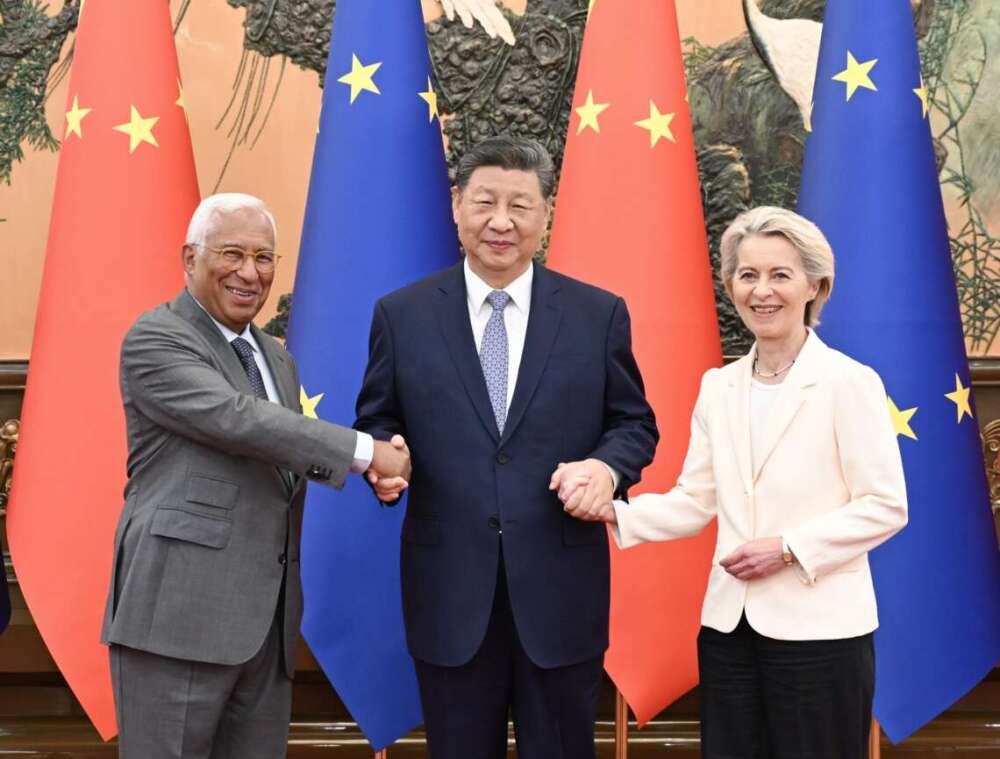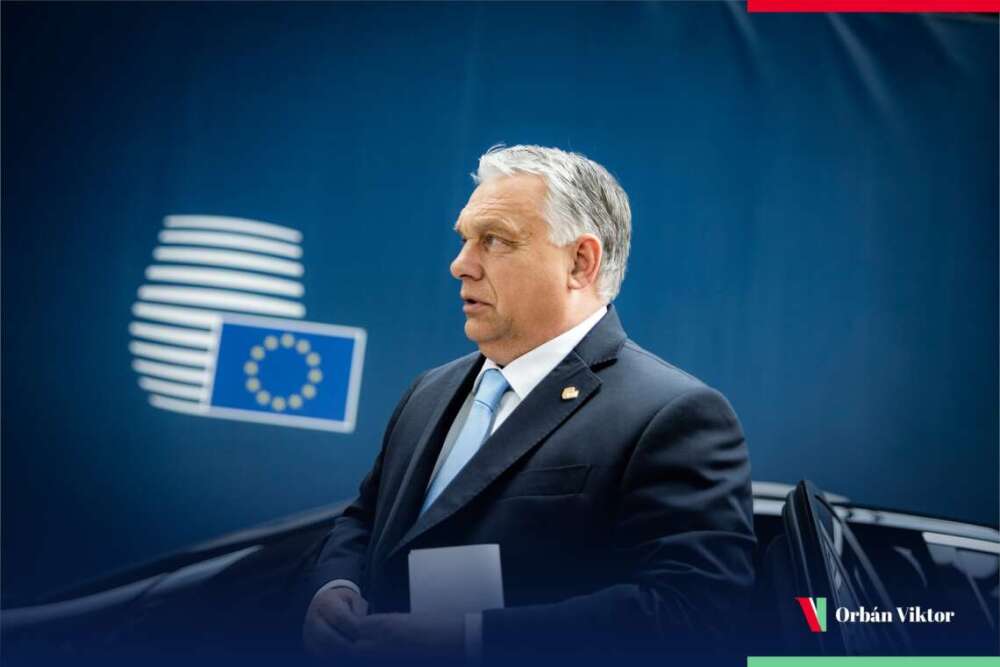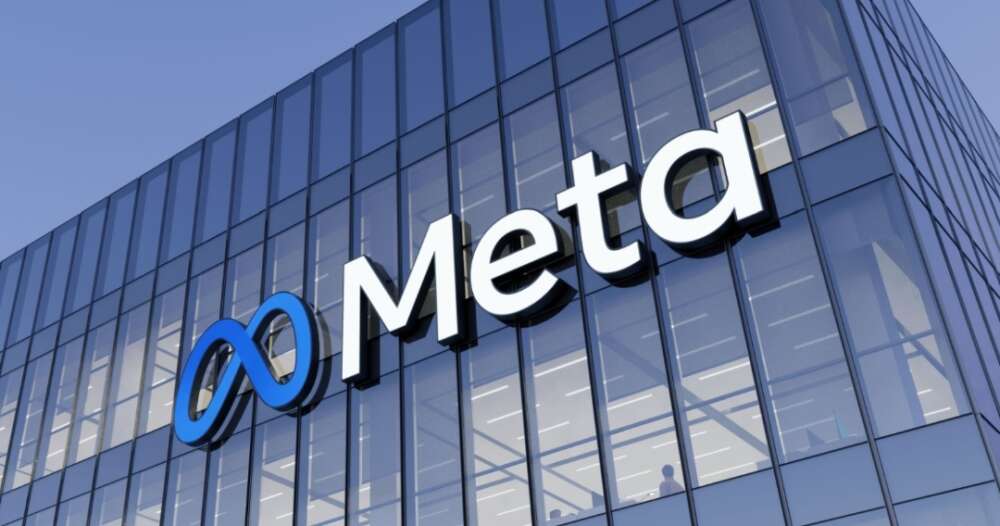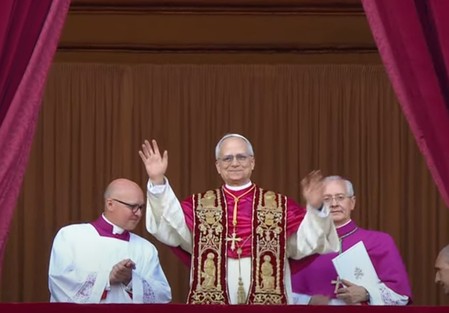The approval of $7 billion bailout package, coupled with tough conditions by the IMF, has also come with an immediate release of $1.1 billion as part of the first loan tranche….reports Hamza Ameer
The International Monetary Fund (IMF) has given its approval for a $7 billion bailout package for Pakistan under its Extended Funding Facility (EFF), giving a positive breather to the country’s crippling economy.
Pakistan Prime Minister Shehbaz Sharif, who is in the United States for the United Nations General Assembly (UNGA) session, confirmed that the Executive Board of the IMF approved the 37-month EFF of $7 billion, making it the 25th IMF programme that Pakistan has obtained since 1958 and the sixth EFF facility.
The approval of $7 billion bailout package, coupled with tough conditions by the IMF, has also come with an immediate release of $1.1 billion as part of the first loan tranche.
Talking about the IMF bailout package approval, Sharif said confidently that it would be Pakistan’s last IMF programme, giving the credit to Deputy Prime Minister Ishaq Dar, Chief of Army Staff General Asim Munir and his finance team.
“Without the cooperation of all four provinces, the federal government cannot complete the 25th programme in the nation’s history,” said the Pakistani PM.
As per details of the bailout package, Pakistan has promised an overhaul in its agricultural income tax, transfer of some fiscal responsibilities to provinces and agreed to limit subsidies. Pakistan will be paying about five per cent interest rate for the IMF loan.
While the IMF bailout is a sigh of relief for Pakistan and its weakened economy, it brings new challenges for the government. Experts say that the IMF has approved the programme without addressing the root causes of taking these loans.
“In the previous fiscal year, Pakistan consumed 81 per cent of its tax revenue due to failure to restructure its external and domestic debts. This is critical for the country’s growth and economic progress. And, as IMF ignored it in approval of the programme, it would certainly raise its concerns over the passage of 37 months and keep the government under severe check,” said economist Shahbaz Rana.
“The PM said this package would be Pakistan’s last. This claim is hard to believe because a similar statement was given by him when he acquired the 24th IMF programme in 2023,” added Rana.
It should be noted that the Pakistan government had to implement and impose difficult policies and taxes to fulfil the preconditions of the IMF. The government imposed taxes ranging between Rs 1.4 trillion to Rs 1.8 trillion in additional taxes to bring pellucidity in the Sovereign Wealth Fund and increased electricity prices by at least 51 per cent.
The government also took a loan of $600 million to win a board meeting date with the IMF, one of the most expensive loans in the country’s history.
The IMF has also brought financial budgets of the provinces under its radar, imposing over a dozen conditions that directly impact the provinces under the new programme.
All four provinces Sindh, Balochistan, Khyber Pakhtunkhwa and Punjab will be signing a fiscal pact titled ‘National Fiscal Pact’ to pave the way for transfer of responsibilities of health, education, social safety net and road infrastructure projects to the provincial governments.
“Achieving macroeconomic stability through consolidation of public finances, rebuilding the foreign exchange reserves, improving business environment, encouraging the private sector growth and reducing fiscal risks from state-owned enterprises are part of the core targets of the IMF bailout package. Power sector fiscal viability, enhancing tax revenues and privatization of loss-making entities are part of the core conditions of the IMG programme,” said Rana.
As far as Pakistan’s external debts are concerned, Islamabad has committed that it would not repay the $12.7 billion debt to Saudi Arabia, China, the United Arab Emirates and Kuwait during the 37-month programme period.
The commitments Pakistan has made to the IMF are no less than an uphill task for the Sharif government going forward. The Asian Development Bank (ADB) has said that it would be difficult for Pakistan to implement the reforms it has committed to deliver to the IMF.
One major factor highlighted by the ADB is the persistently volatile political instability and institutional tensions prevailing in the country.
ALSO READ: Indian Navy, IAF dispatch second tranche of aid to Myanmar




